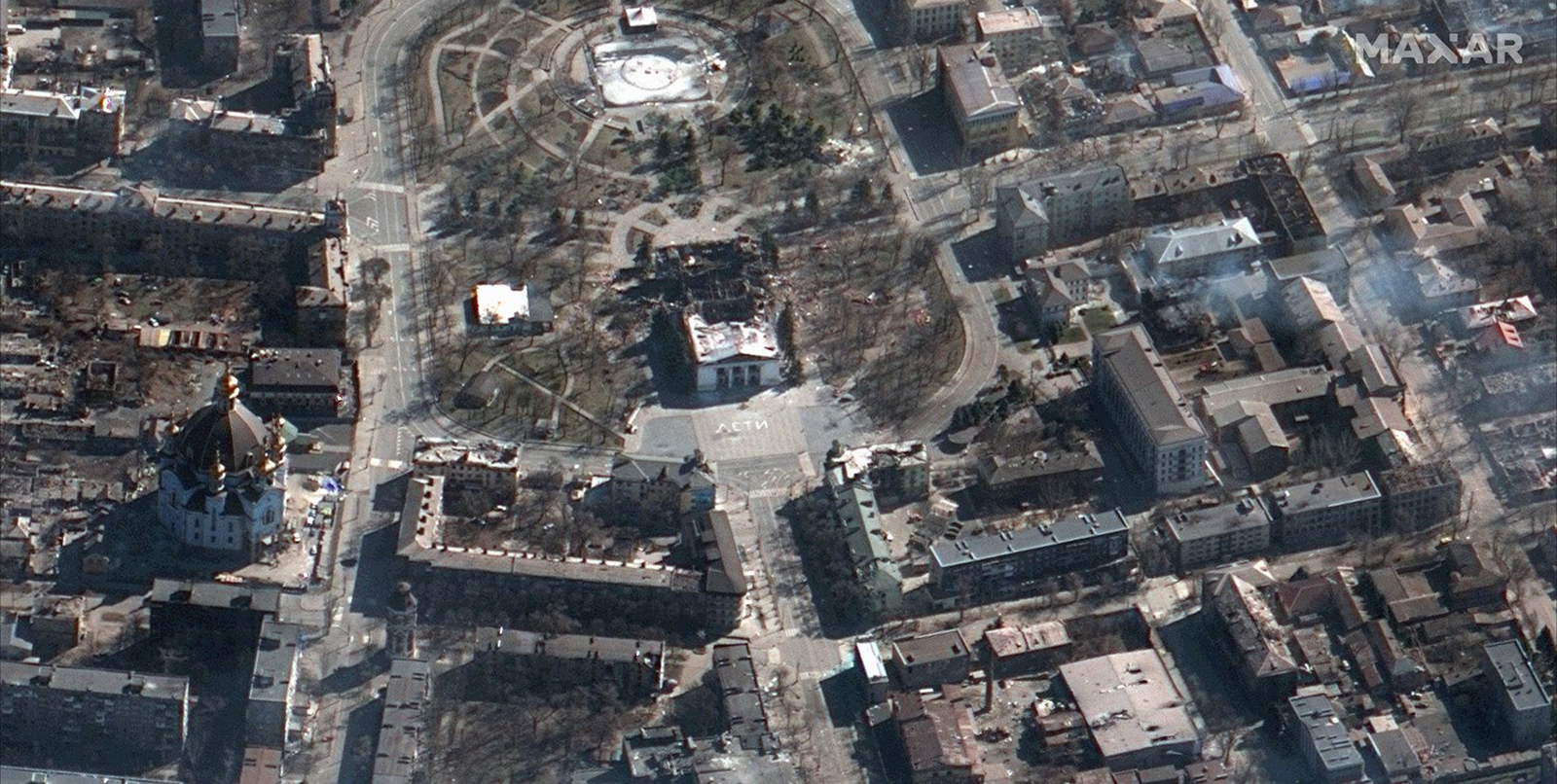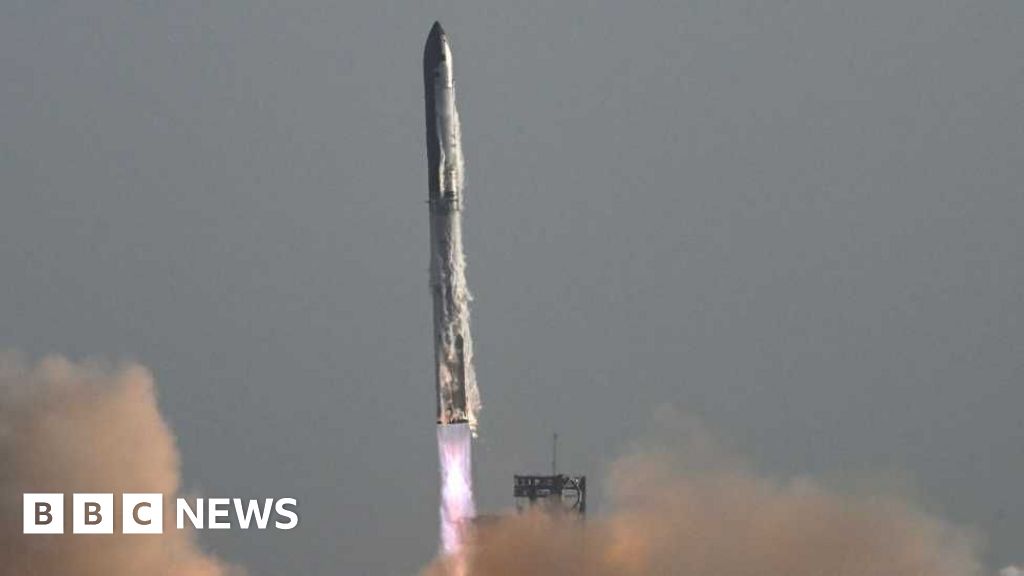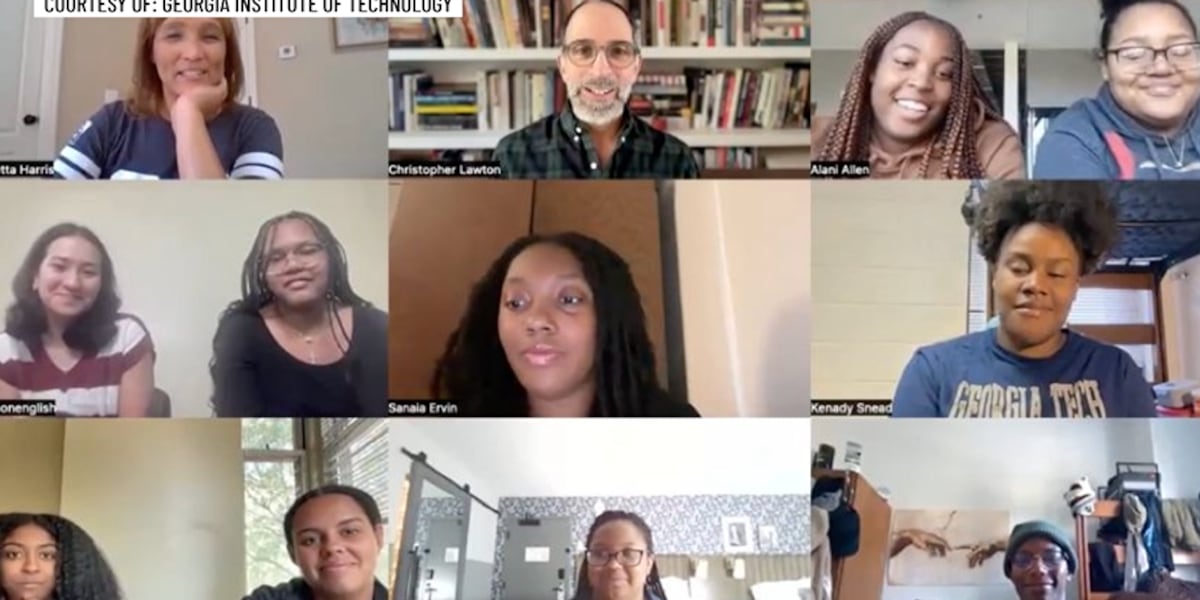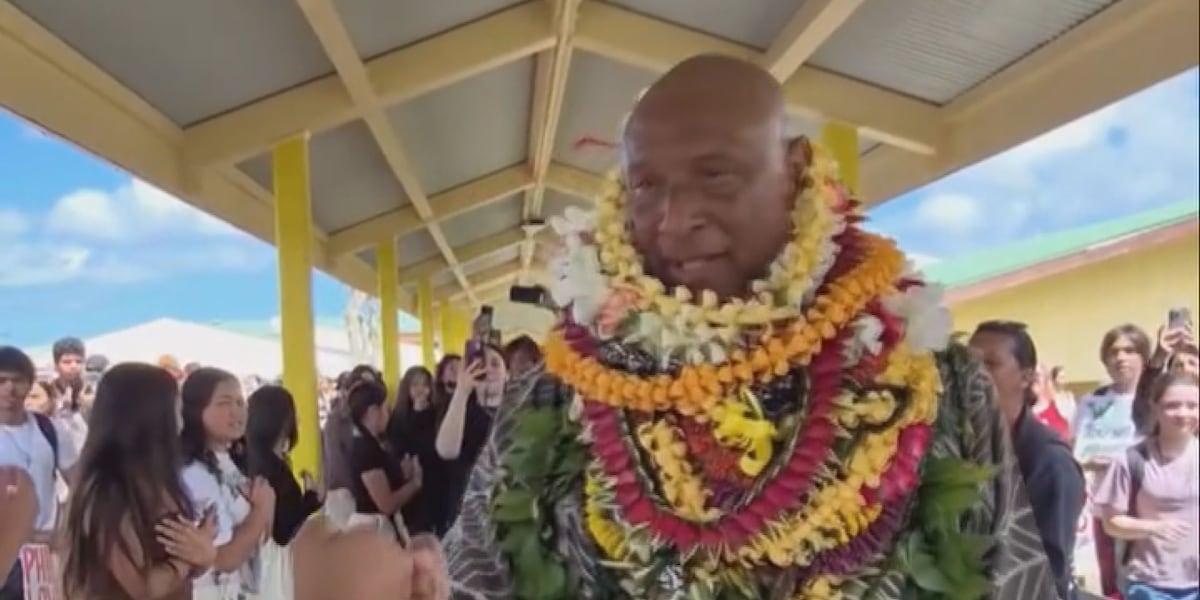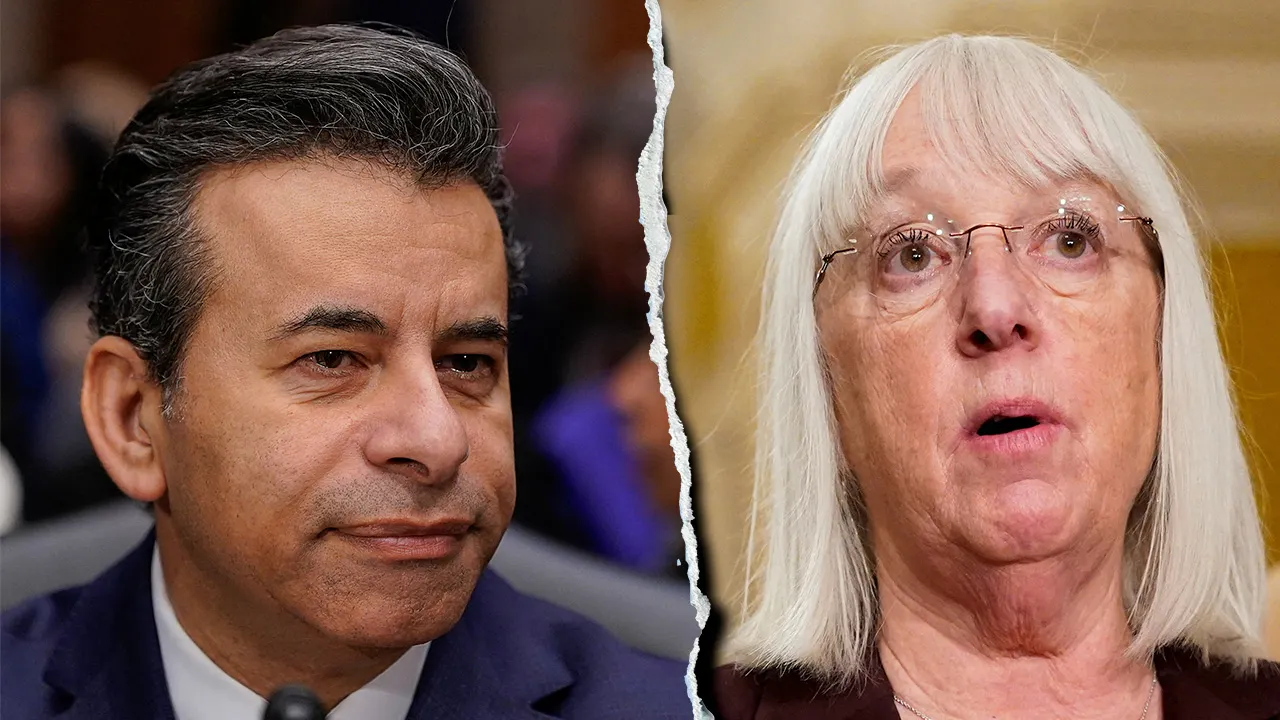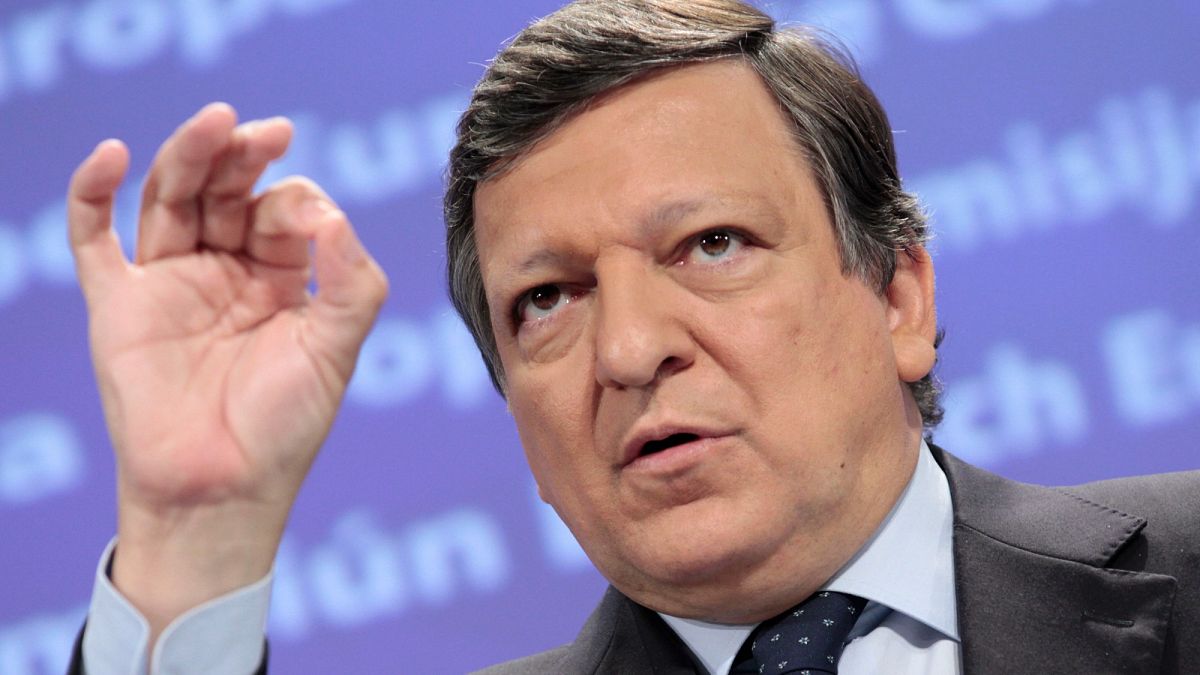In his first address to Congress since beginning a tumultuous second term, US President Donald Trump proudly claimed on Tuesday night that he was “just getting started”. That is a bad omen for the world’s largest economy. The optimism among companies and investors that came with the businessman’s election victory is rapidly waning. After the president confirmed tariffs on Mexico, Canada and China on Monday night, the S&P 500 initially erased all the gains it had made since the November polls. Consumer confidence has plunged. Manufacturers are reporting steep declines in new orders and employment, and bearish investor sentiment has shot well above its historic average.
Uncertainty is clouding the data and forecasts. Still, it is clear that the president has squandered what was a decent economic inheritance. Not long ago price pressures were fading, the US Federal Reserve was on the cusp of a steady rate-cutting cycle into a resilient economy, and the S&P 500 was gliding upwards. This is no longer true.
The depressing turnaround is a product of the administration’s pursuit of on-and-off import duties, and a chaotic policy agenda. The White House may believe it has a plan but America’s economic exceptionalism, from its relentless consumer spending and booming stock market to its reputation for dependable economic governance, is the collateral damage.
Personal expenditure — a bulwark of recent US growth — fell in January, by its most in nearly four years. With pandemic-era inflation not yet fully extinguished, and the reality of Trump’s price-raising tariff plans now dawning, consumers’ expectations for inflation in the year ahead have surged. The Fed has so far responded to forthcoming price pressures by putting rate cuts on hold, leaving borrowers facing a higher cost of credit. Elon Musk’s planned clear-out of public sector employees is also set to raise joblessness in an already cooling labour market.
Animal spirits are under pressure too. Perhaps naively, many businesses and investors expected import duties to be merely a negotiating tool. But Trump also believes tariffs are about “protecting American jobs”. After the latest salvo towards North American neighbours, the president offered a one-month reprieve for automakers on Wednesday, and was moving to broaden it on Thursday.
The unpredictability of tariff carve-outs, reversals and steps against other trading partners makes it impossible for businesses to plan. Retaliatory measures will also hurt exporters. The broader deluge of policy announcements — some of which have had significant geopolitical ramifications — adds to the decision-making paralysis facing boardrooms and traders.
Faith in US economic and financial institutions is also being tested. Trump has filled regulatory bodies with his chums. The Fed’s independence is an ongoing concern. Then there are zany economic ideas, from building a cryptocurrency reserve to a rumoured “Mar-a-Lago accord” to devalue the dollar. Some analysts note that the dollar’s recent weakness amid economic turmoil suggests financial markets may be beginning to question the safe haven status of the currency.
It is true that the administration’s tax cuts and deregulation efforts are yet to get started. But since they are likely to be paired with tariffs on more trading partners, rash policymaking and a clampdown on undocumented immigrants — which make up an estimated 5 per cent of workers — optimism around near-term US economic growth feels increasingly like blind hope. The contours of Trump’s economic agenda have sharpened. It is already worse than everyone thought, and he is just six weeks in.

